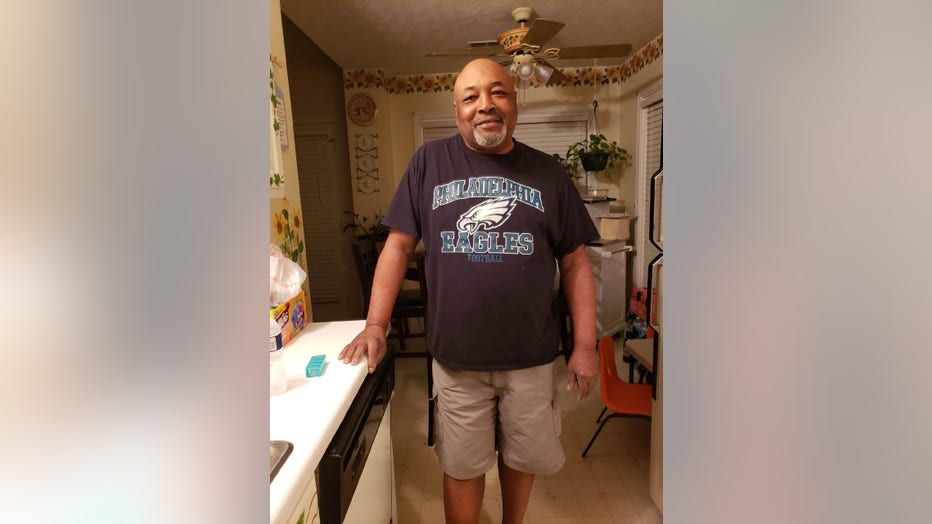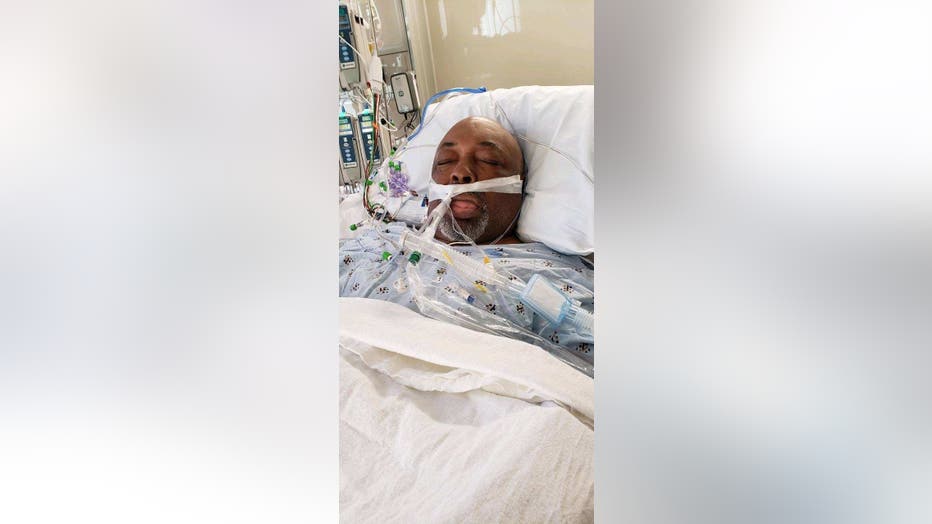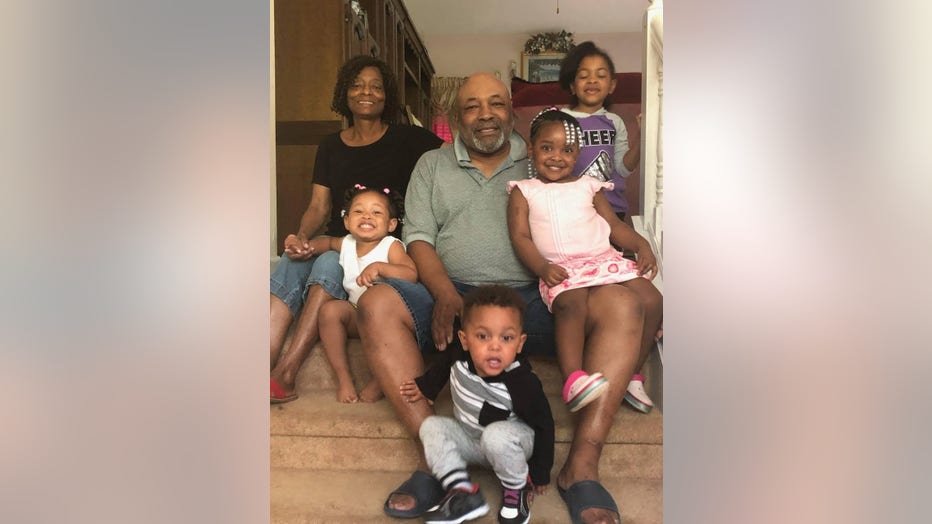Women may be more likely to contract COVID-19, but men are more likely to die from it
NEWNAN, Ga. - Sam Harmon's wife teases him. She says he must have "cat blood," because he has survived a lot: a mini-stroke, open-heart surgery, joint replacement.
Still, Harmon says, nothing comes close to what he went through with the coronavirus.
His story began in late March, just as Georgia went into lockdown, to try to slow the spread of the virus.
"I hadn't gone anywhere out of the house in two weeks," Harmon says. "The only time I left was when I was taking some trash to the dump."

Sam Harmon, 68, a retired Newnan postal carrier, believes he contracted the novel coronavirus in early March, while visiting to a local dump. (Sam Harmon)
The 68-year-old retired postal carrier and military veteran thinks that is where he caught the virus, possibly while paying the attendant.
Within days, Harmon had lost his sense of smell and taste and was struggling with stomach issues and weakness.
"I started to get a real bad headache; it was like somebody was trying to rip my insides out through my skin," he remembers.
Harmon was still recovering from heart surgery, 6 months earlier.
Now, he could barely get out of bed.
But, when his wife wanted to call an ambulance, he resisted.
A cardiac nurse who called to check on him told Harmon to hand the phone to his wife.
"She told the wife to call 911, right now," he says.
The next few weeks are a blur for Harmon.

Sam Harmon, 68, a retired Newnan postal carrier, believes he contracted the novel coronavirus in early March, while visiting a local dump. (Sam Harmon)
He spent two weeks in the ICU of Piedmont Newnan Hospital, dropping 25 pounds, and undergoing a series of experimental treatments to try to help his body fight off the virus.
"The pain is unbelievable," Harmon says. "I'm a guy who doesn't cry, but this coronavirus, it made me want to cry."
Harmon's story is part of a trend doctors like Piedmont Healthcare infectious disease specialist Mukul Patharkar are seeing.
"There is a disproportionate amount of men that are getting more critically ill, more ICU admissions, more deaths, as compared to women," Dr. Patharkar says.
But why men?
Dr. Patharkar says there may be many factors at play.
Men typically mount a weaker immune response to viruses than women, he says.

Sam Harmon, 68, a retired Newnan postal carrier, believes he contracted the novel coronavirus in early March, while visiting a local dump.
They also may have more ACE 2 receptors in the cells lining their lungs and throat, which the virus uses to get into the body.
There are also behavior differences between men and women, Patharkar says.
"Men are potentially less likely to seek medical care as early as women are, and it might delay their diagnosis," Patharkar explains. "Ultimately, they present in a more severe condition than a woman would, perhaps."
Research also suggests, he says, that men are less likely than women to take recommended precautions to slow the spread of the virus, like washing their hands, keeping their distance from others and wearing masks.
They are also likely to have underlying health problems than women their age.
Sam Harmon says he has diabetes, high blood pressure, high cholesterol, and he's overweight.

Sam Harmon, 68, a retired Newnan postal carrier, believes he contracted the novel coronavirus in early March, while visiting a local dump.
He is now 5 months out from his COVID diagnosis.
"I wouldn't wish this on my worst enemy," Harmon says.
His one saving grace, he says, is that his wife and granddaughters.
So, what is his message to other men?
"I would tell them to man up," Harmon says. "There's nothing wrong with you wanting to go out there and put a mask on."
Harmon says he still gets winded when he runs up the stairs, and his doctor says it will take time for his lungs to recover.

